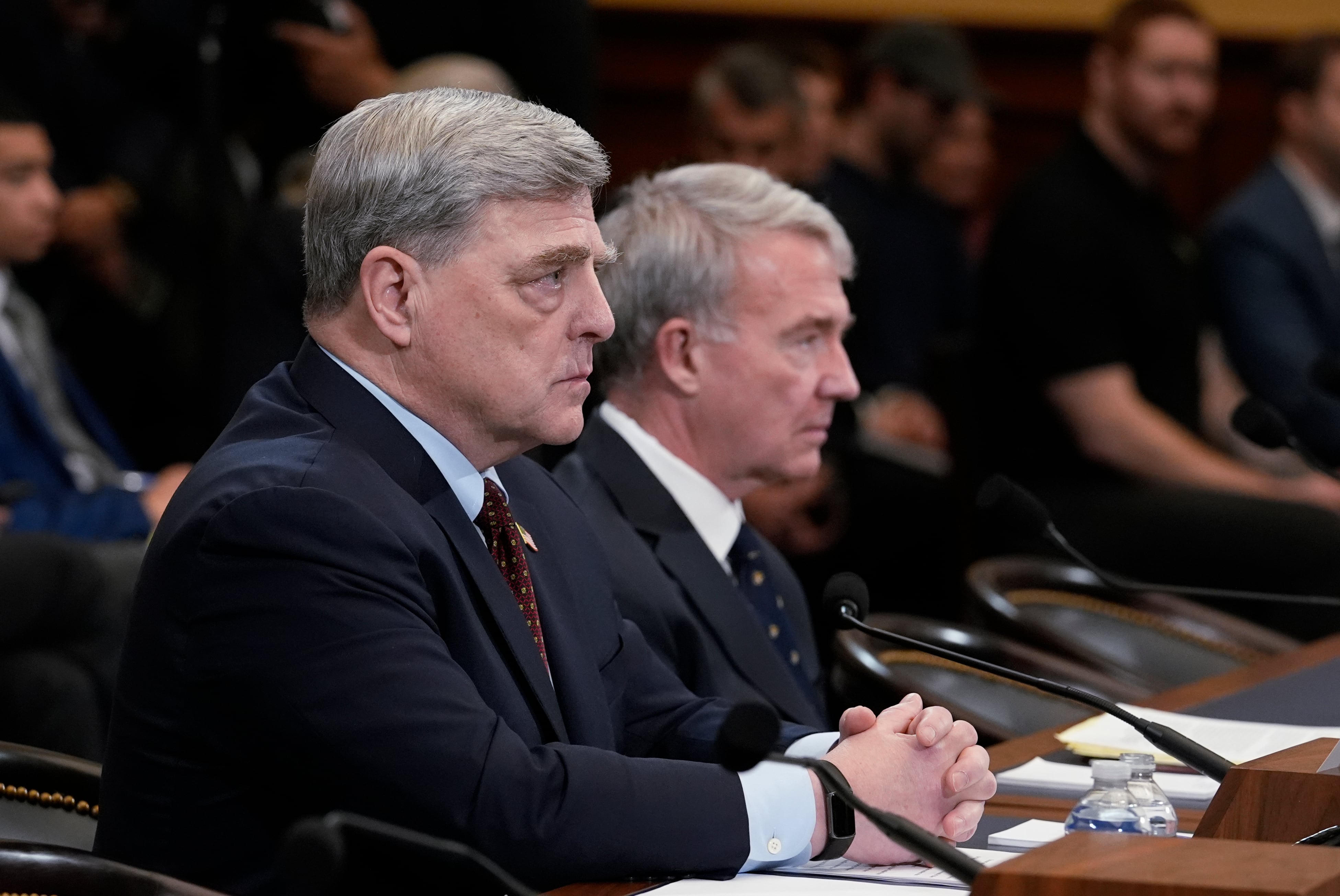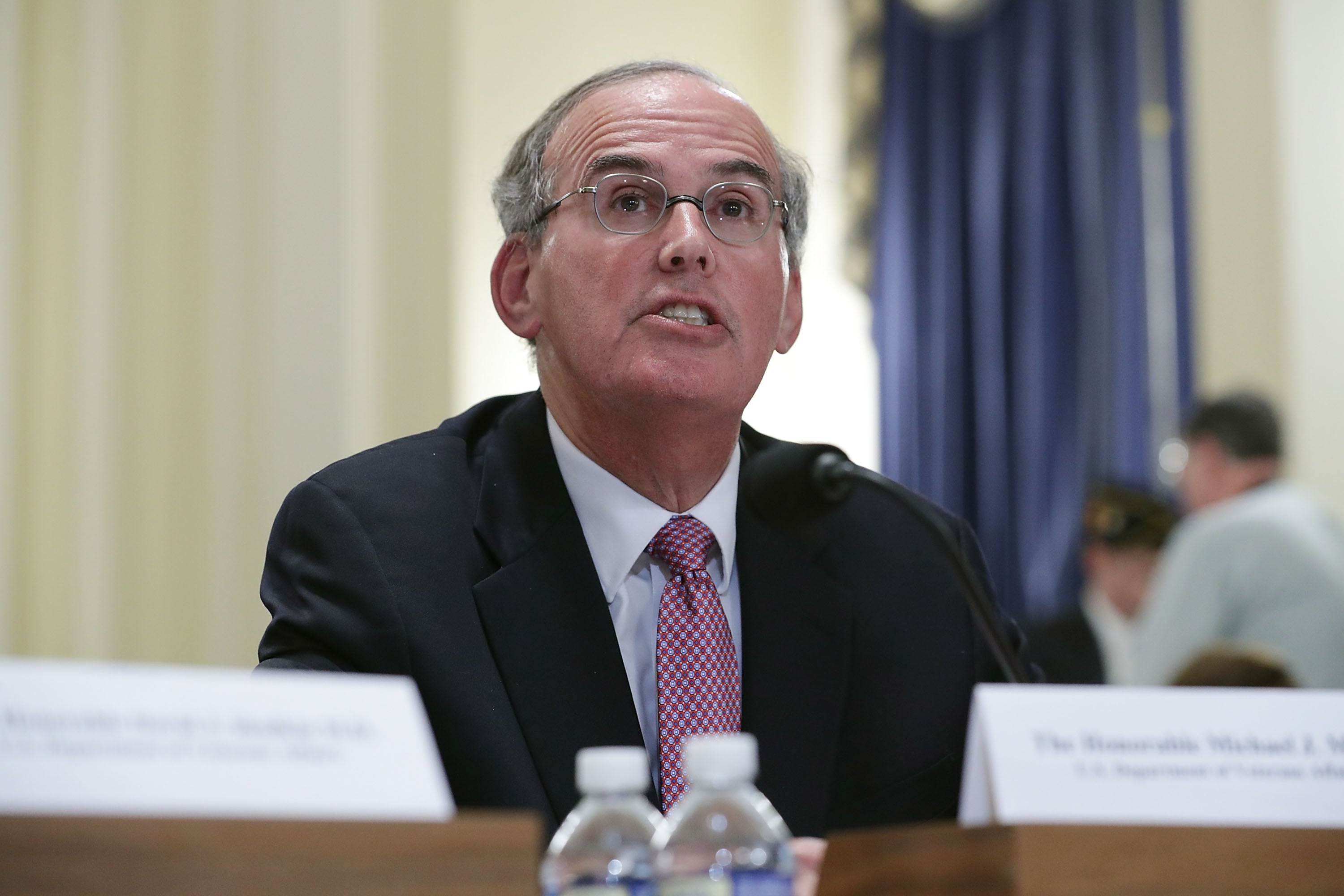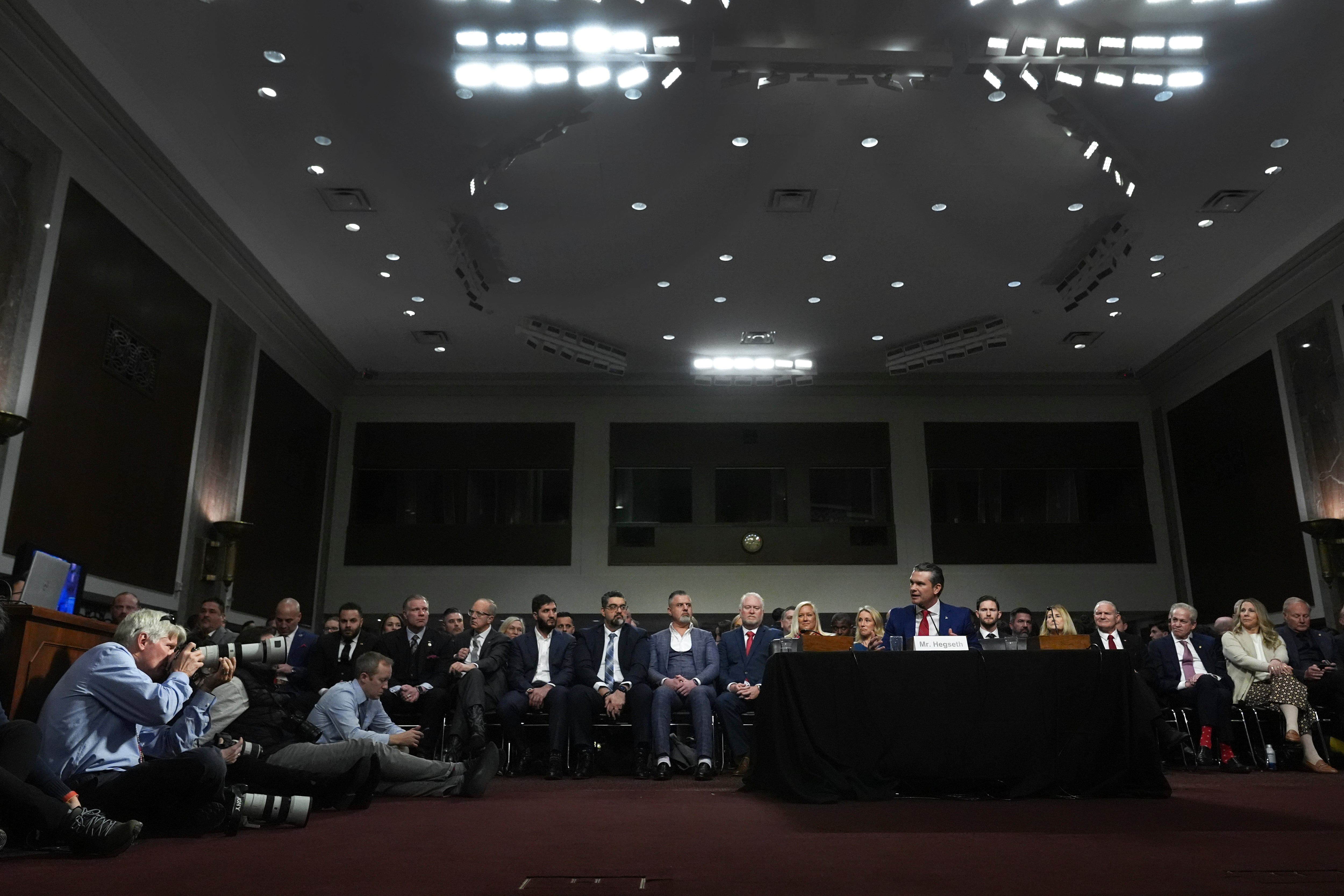Certain family members of Filipino World War II veterans may be eligible to come to the United States as they wait for their immigrant visas to become available, according to U.S. Citizenship and Immigration Services.
The Filipino World War II Veterans Parole Program begins accepting applications for the first time June 8.
Officials estimate that 2,000 to 6,000 Filipino-American World War II veterans are living in the U.S. By law, the number of family-sponsored immigrant visas available by country of origin is limited, with the exception of immediate relatives of U.S. citizens. This results in long waiting periods. For some Filipino-American families, the wait can exceed 20 years.
The new program means many of these family members will be able to support and care for elderly veterans or their surviving spouses, said USCIS Director Leon Rodriguez, in a statement.
"The Filipino World War II Veterans Parole Program honors the thousands of Filipinos who bravely enlisted to fight for the United States during World War II," Rodriguez said. "This policy will allow certain Filipino-American family members awaiting immigrant-visa issuance to come to the United States and be with their loved ones."
Under the Immigration and Nationality Act, the Secretary of Homeland Security can "parole" into the U.S. certain individuals, on a case-by-case basis, for urgent humanitarian reasons or significant public benefit. The parole program is used sparingly, and the policy for this particular program was announced by the White House in July 2015.
Beginning June 8, applications will be accepted for the Filipino World War II Veterans Parole Program, and USCIS officials will review review each application and determine whether to authorize it for that individual. Officials "strongly encourage" eligible individuals interested in the program to apply within five years from June 8.
When each person arrives at a U.S. port of entry, U.S. Customs and Border Protection will also review each case to determine whether to allow the individual to enter under the parole program, according to the USCIS announcement.
For more information about this program, including details about eligibility, see the May 9 Federal Register notice.
Karen Jowers covers military families, quality of life and consumer issues for Military Times. She can be reached at kjowers@militarytimes.com.
Karen has covered military families, quality of life and consumer issues for Military Times for more than 30 years, and is co-author of a chapter on media coverage of military families in the book "A Battle Plan for Supporting Military Families." She previously worked for newspapers in Guam, Norfolk, Jacksonville, Fla., and Athens, Ga.





